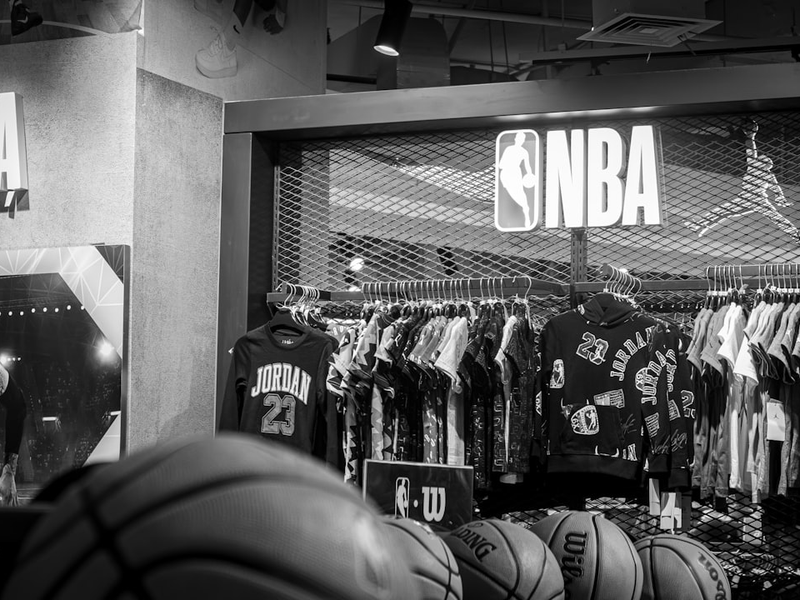Sports Team Price Tags Are Hitting Mind-Blowing Numbers – Here's Why It Matters

Photo by Christian Jaya on Unsplash
The world of professional sports is experiencing a jaw-dropping financial transformation, with team valuations skyrocketing to unprecedented heights. The Los Angeles Lakers just set a new record by selling for a staggering $10 billion, eclipsing the Boston Celtics’ previous record of $6 billion just three months earlier.
This isn’t just a random spike – it’s part of a broader trend in sports franchise economics. Experts like Victor Matheson, a sports business economist, note that in three decades of studying team sales, he’s never seen a team sell for less than its previous purchase price. The Milwaukee Bucks, for instance, went from a $550 million valuation to a $4 billion worth in just a decade.
Several factors are driving these astronomical prices. Live sports programming has become incredibly valuable in the era of streaming and cord-cutting. Media companies are desperate for content that keeps viewers engaged, making sports broadcasts a premium product. Streaming services are increasingly interested in broadcasting games, further increasing their economic value.
Interestingly, having deep pockets doesn’t guarantee success. While owners might spend big on player salaries, only about 30% of a team’s performance can be predicted by payroll. Factors like management quality, player health, and even luck play significant roles in a team’s success.
The surge in team valuations is also driven by the potential for data monetization. New owners aren’t just buying a sports franchise – they’re acquiring valuable demographic information about fans that can be leveraged through merchandise, events, and targeted experiences.
With sports betting becoming increasingly legal and mainstream since 2018, the overall interest and financial ecosystem around professional sports continue to expand. Deep-pocketed investors are lining up not just for full ownership, but even for minority stakes in teams.
For fans, these astronomical prices might seem disconnected from the game itself. But they represent a broader narrative about the growing economic and cultural significance of professional sports in our entertainment landscape.
AUTHOR: pw
SOURCE: CNN





















































